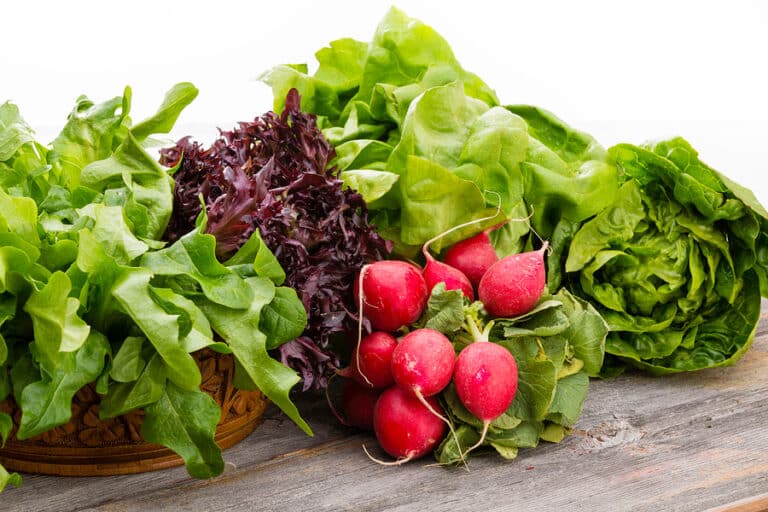Obesity is a risk factor for a multitude of health problems, including diabetes, high blood pressure, heart disease, and some kinds of cancer. If your aging relative is overweight, it’s never too late to set a weight loss goal and get healthier. No matter how committed the older adult is to losing weight, it’s not an easy thing to do. There are so many trends and so much advice that it’s hard to know what will work. One piece of advice you may run across is the idea of tracking food eaten. It seems like sound advice, but does it really work? According to some recent studies, it does!
Food Tracking Studies

Two recent studies looked at whether tracking food consumption works and if tracking frequency matters. The first study was conducted by researchers at Duke University. It involved 105 participants who were divided into three groups:
• Group 1: Tracked food daily for 3 months.
• Group 2: Tracked weight for 1 month, then also tracked food for 2 months. Received weekly input on healthy eating and action plans as well as receiving feedback on how they were doing.
• Group 3: Tracked weight and food for 3 months. Received information and feedback.
At the end of the study, all three groups had lost an average of 6 pounds. At the 6-month follow up, group 3 were able to maintain the weight loss better than the other groups. The researchers say that the study shows tracking is a good option for helping people to lose weight without involving a fitness coach or other weight loss experts.
The second study looked at whether how often a person tracks food matters and whether the amount of time spent influences results. It was conducted by researchers at the University of Vermont, Burlington and involved 142 people. At the end of the study, the researchers determined that the amount of time spent tracking wasn’t a factor, but frequency was. The participants who lost the most weight were those who used the tracking app or website an average of 3 times per day.
Bottom Line
The bottom line seems to be that tracking weight and food consumption can be a useful tool for your aging relative as they work on weight loss. It can help them to see their progress and encourage them to eat a healthier diet.
There are many ways to track food and weight. Your aging relative could go with the simple paper and pen method, writing down what they eat and the number of calories. But, now days, there are easier ways to track. There are many apps and websites dedicated to assisting people meet their weight loss goals that offer tracking tools. Several of them are free and offer search options to find calorie counts as well as nutrition information.
Regardless of the kind of tracking the older adult chooses to use, a senior care provider can assist them to lose weight. Senior care providers can help with tracking. But, more importantly, a senior care provider can plan and prepare healthy meals that also ensure your loved one gets enough of the nutrients they need.
If you or an aging loved one are considering Senior Care in Simpsonville, SC, contact Heart of the Carolinas Home Care at 864-991-3116. ProvidingHome Care Services in Greenville, Simpsonville, Greer, Anderson, Spartanburg, Mauldin, Seneca, Laurens, Charleston, Columbia and the surrounding areas
Sources
https://www.webmd.com/diet/obesity/news/20190312/log-what-you-eat-lose-more-weight
https://www.niddk.nih.gov/health-information/weight-management/health-risks-overweight
- Is it Possible to Prevent Family Caregiver Burnout? - April 25, 2025
- Home Care Assistance Helps Seniors After A Fall - April 9, 2025
- How Home Care Supports Seniors Who Are Hard of Hearing - March 28, 2025

